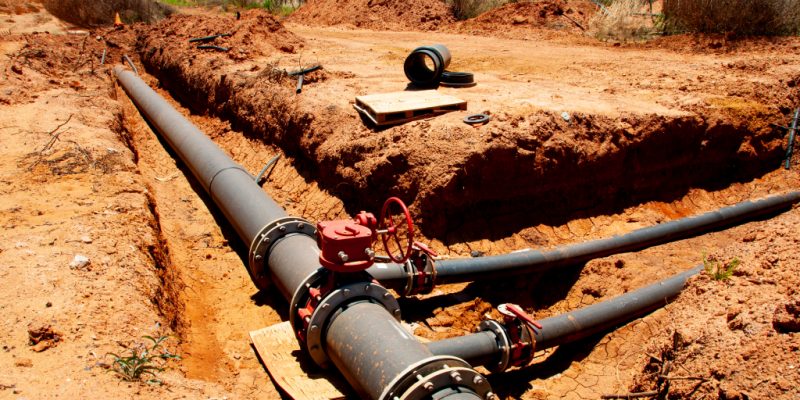Mozambique's Water Supply Investment and Participation Fund (Fipag) intends to mobilise $1.8 billion to improve drinking water supply in all the country's urban centres.
To mobilise US$1.8 billion in the coming months. This is the current goal of Mozambique’s Water Supply Investment and Participation Fund (Fipag). The public body for financing drinking water supply infrastructure will invest these funds in new infrastructure, with the aim of improving the supply of drinking water in all the country’s urban centres.
The information comes from Victor Taucale, the director of Fipag, who estimates that this investment will make it possible to guarantee drinking water services for between four and five million people in Mozambique’s major cities. The Mozambican government is aiming for universal access to drinking water by 2030. For the moment, the rate of access to drinking water in this East African country is 54% according to Fipag.
The start of financial mobilisation
To reach its water supply target, FIPAG also intends to reduce losses from the current 47% to 30% by 2024. These ambitions are unveiled as the International Investors’ Conference for Urban Water Supply in Mozambique opens on 15 September 2021 in the capital Maputo. The event, organised by the Mozambican Ministry of Public Works, Housing and Water Resources (MOPHRH), aims to encourage international financial institutions, as well as national and international private companies, to invest in drinking water supply infrastructures.
Read also- DRINKING WATER: major African programmes that are making a difference locally
Representatives of the World Bank and the African Development Bank (ADB) are participating in the event. During the conference, the Mozambican authorities will unveil the Ten-Year Investment Programme (2022 – 2032). According to MOPHRH, the projects that make up the investment programme also aim to strengthen the resilience of urban communities to the effects of climate change that have negatively impacted Mozambique in recent years.
“The programme is structured to ensure that services are sustainable and inclusive for all segments of the population, including the most vulnerable, in line with the government’s policy and strategy for the water sector, which defines water as a social and economic good. The Autoridade Reguladora de Águas (Aura), the sector’s regulatory authority, will ensure that these social and economic objectives are met,” MOPHRH promises.
Jean Marie Takouleu






